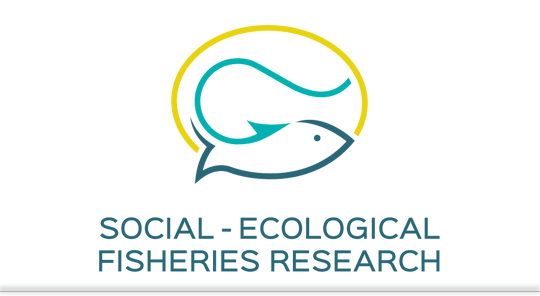Millions of individuals worldwide rely on recreational fishing activities for leisure, food, and employment. Recreational fishing is the dominant freshwater fisheries sector in much of the highly developed world and plays a growing role in the marine realm, but in developing countries recreational fisheries occur within a different set of contextual conditions. Little is currently known about attributes of the recreational fishing sector in many developing countries. A survey of fisheries experts designed to identify knowledge gaps surrounding recreational fishery development was conducted to gather information on fishery attributes in developing countries. These surveys were supplemented with a review of relevant literature. Results show that recreational fishing is socially important and is expected to grow in most countries surveyed. Recreational fisheries were described as mainly consumption oriented in these regions. Most often, nonresident tourists used marine waters and resident recreational fishers used fresh waters. There was strong agreement among respondents on the need to address data deficiencies. The knowledge gaps and management needs identified can support international bodies and recreational fishing organizations (such as the regional fisheries bodies of the Food and Agricultural Organization of the United Nations, and local and international fishing associations) to support sustainable development and management of the global recreational fisheries sector.
Knowledge gaps and management priorities for recreational fisheries in the developing world
Peer-reviewed

Bower, S. D., Aas, Ø., Arlinghaus, R., Beard, T. D., Cowx, I. G., Danylchuk, A. J., Freire, K. M. F., Potts, W. M., Sutton, S. G., Cooke, S. J. (2020). Knowledge gaps and management priorities for recreational fisheries in the developing world. Reviews in the Fisheries Science & Aquaculture, 28, 518-535
Published
: 2020
Appeared in
: Reviews in the Fisheries Science & Aquaculture, 28, 518-535
